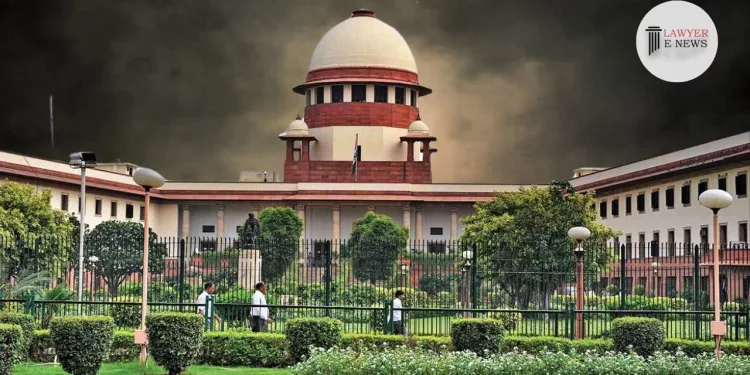Supreme Court Disallows Belated Amendment in Partition Suit: Upholds Sanctity of Compromise Decrees and Due Diligence Principle

In a pivotal ruling, the Supreme Court of India, comprising Justices C.T. Ravikumar and Rajesh Bindal, today upheld the principle of due diligence in civil litigation, specifically in the context of amendments to pleadings. The apex court’s decision came in the civil appeal case, “Basavaraj vs Indira and Others,” involving the challenge to a High Court order that allowed an amendment to a plaint in a partition suit.
The crux of the judgment revolved around the legality and timeliness of amendments in pleadings, especially in the light of Order VI Rule 17 and Order XXIII Rule 3 of the Civil Procedure Code (CPC), and the Limitation Act, 1963. The court was tasked with deciding whether an amendment to a plaint, which aimed to declare a previously agreed-upon compromise decree as null and void, could be permitted at the end of the trial.
The respondents filed a suit for partition of ancestral property but later sought to amend the plaint to challenge a compromise decree dated October 14, 2004. The appellants contested this amendment on the grounds that it changed the nature of the suit from partition to declaration and was impermissible as the trial was nearing completion.
Due Diligence and Trial Commencement: The court observed that the proviso to Order VI Rule 17 CPC prohibits amendments after the commencement of the trial unless due diligence is proven. It was found that the respondents failed to show due diligence in their amendment application filed at the trial’s end.
Challenge to Compromise Decree: The Court emphasized that according to Order XXIII Rule 3 CPC, a compromise decree can be challenged only in the court that passed it. The plea by respondents for declaring the decree null and void was deemed time-barred under the Limitation Act.
Judicial Estoppel and Consent Decree: The Court reiterated that a consent decree is binding and operates as an estoppel unless set aside under the proviso to Order XXIII Rule 3 CPC.
Prejudice and Suit Nature: The amendment, filed five years after the compromise decree, would cause undue prejudice to the appellant and change the fundamental nature of the suit.
Parties to Compromise Decree: Not all parties to the original compromise decree were part of the present litigation, questioning the maintainability of the amendment.
The Supreme Court allowed the appeal, set aside the High Court’s order, and dismissed the application for amendment of the plaint. The respondents were ordered to pay costs of ₹1,00,000/- to the appellant.
Date of Decision: February 29, 2024
Basavaraj vs Indira and Others





